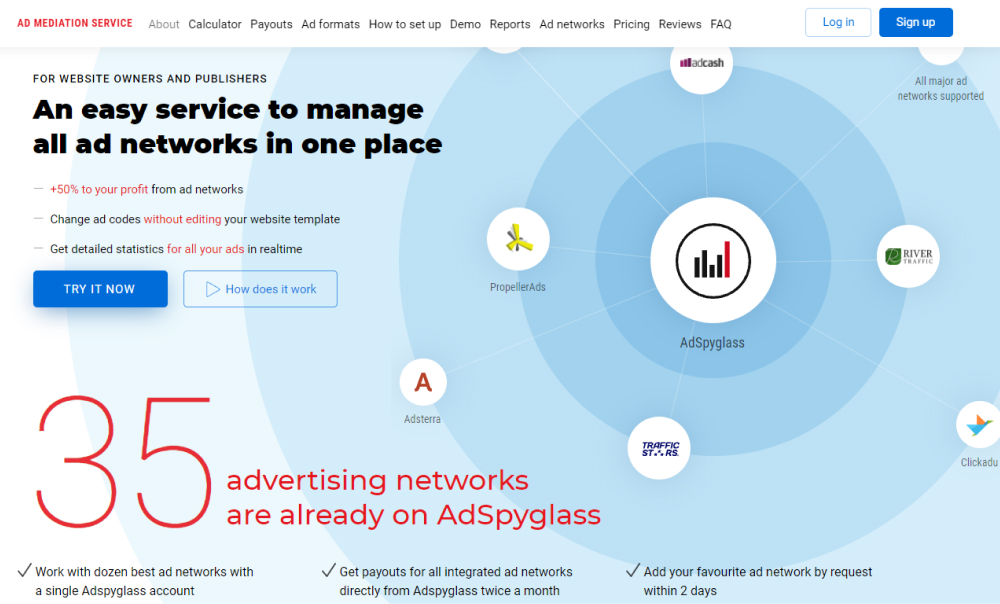Bing is a search engine introduced by Microsoft in 2009 and the second most popular search engine after Google.
Bing is a default search engine on Microsoft devices and powers Cortana, Siri, Kindle, and Microsoft Edge. That is how Bing became that popular and attracts many advertisers nowadays.
Ad options of Bing are pretty much the same as those of Google but it also allows demographic targeting in paid search. You can target not only keywords but location, age, or gender. Bing’s pay-per-click ads are also cheaper than Google’s.
In order to rank better on Bing, SEO professionals follow these rules:
- create sites that are optimized for mobile and fit in the mobile browser. However, mobile-first indexing is not a priority like it in Google
- use exact keywords since it does not recognize synonyms
- pay attention to domain authority rather than page authority
- consider that Bing favors location-specific results
- focus on the link’s quality rather than quantity. Links from older domains and from .edu and .gov websites are preferred
- pay attention to meta keywords: if they do not match the page content, you will be ranked way lower or penalized
- encourage social media mentions and sharing to rank higher
